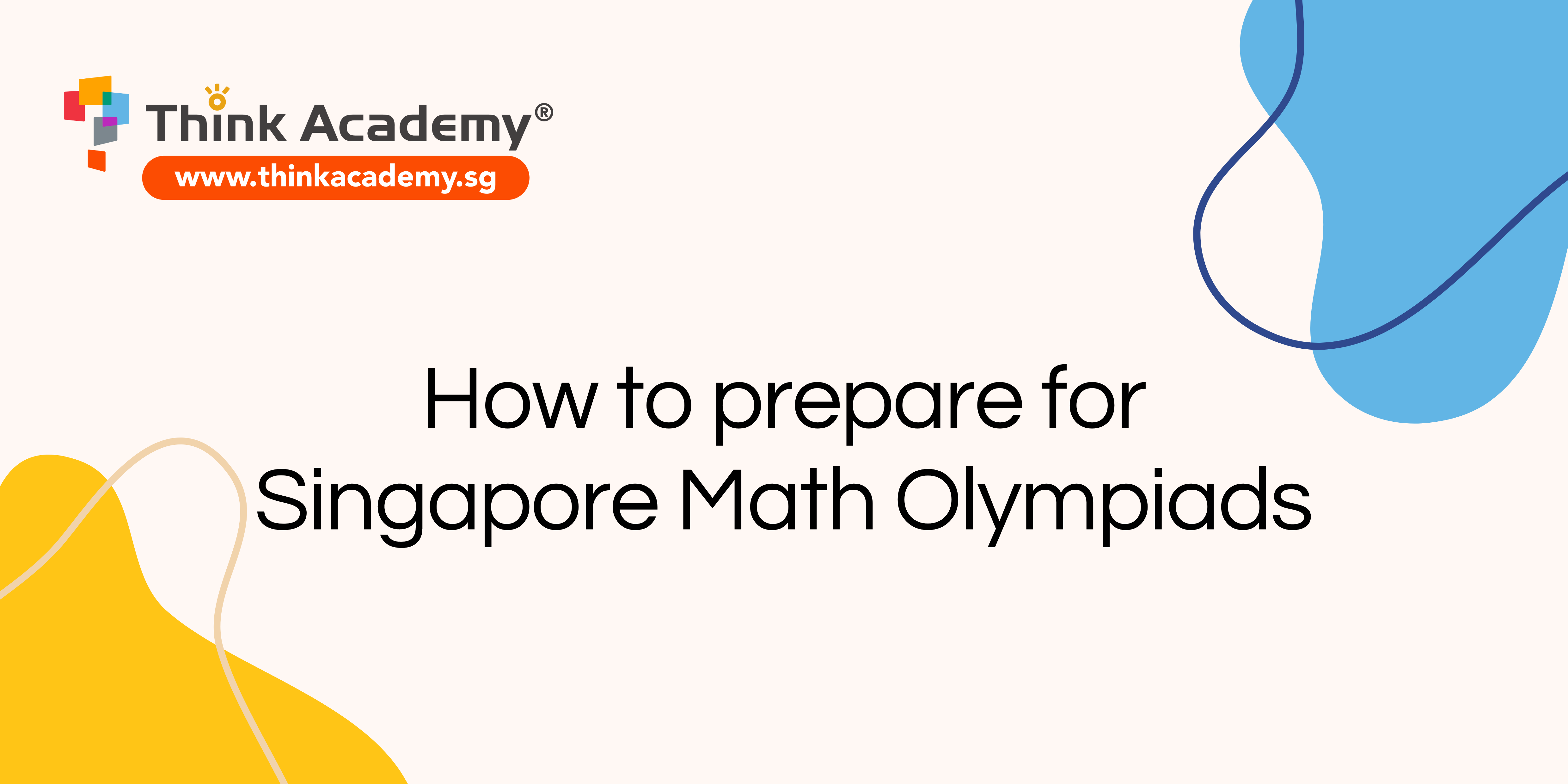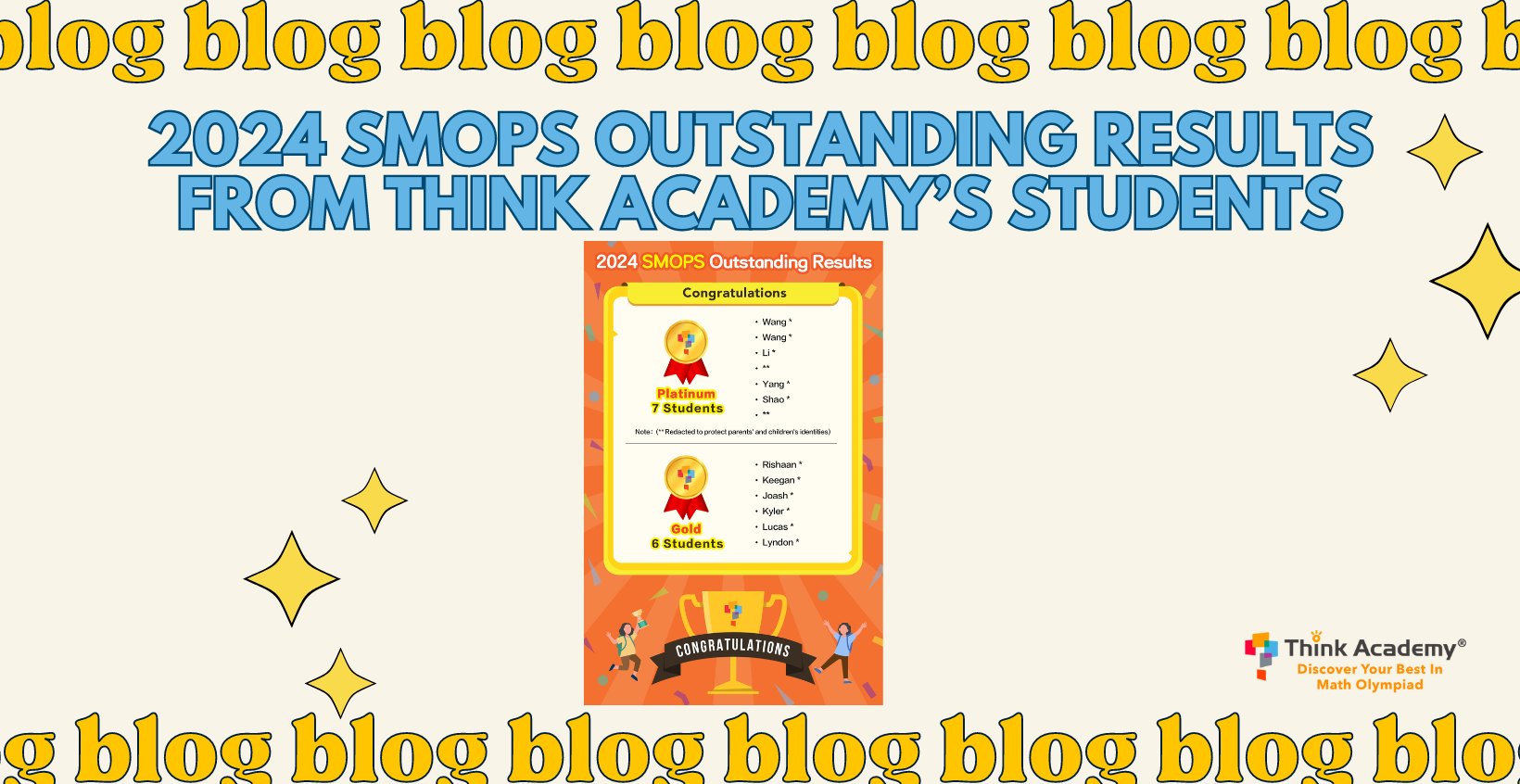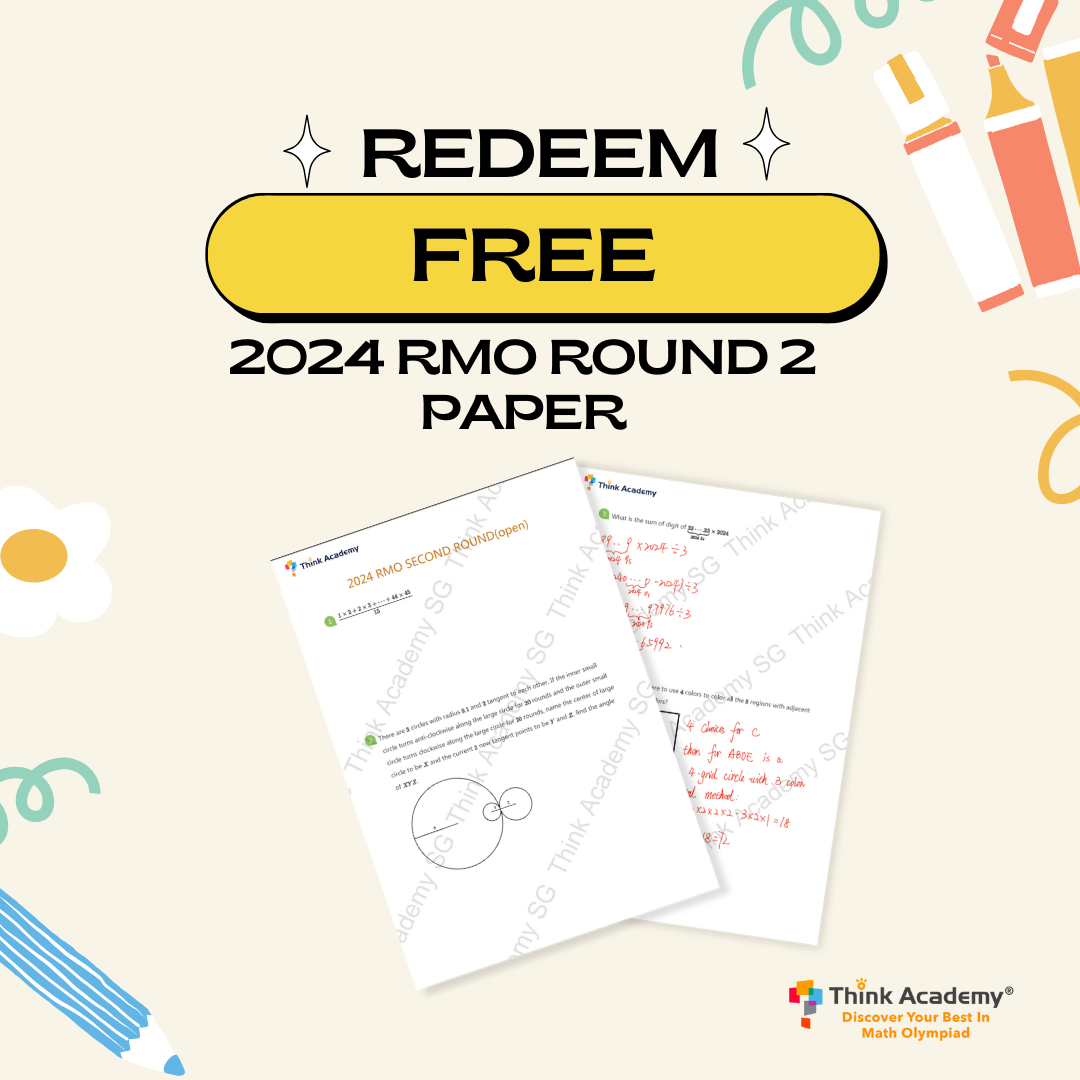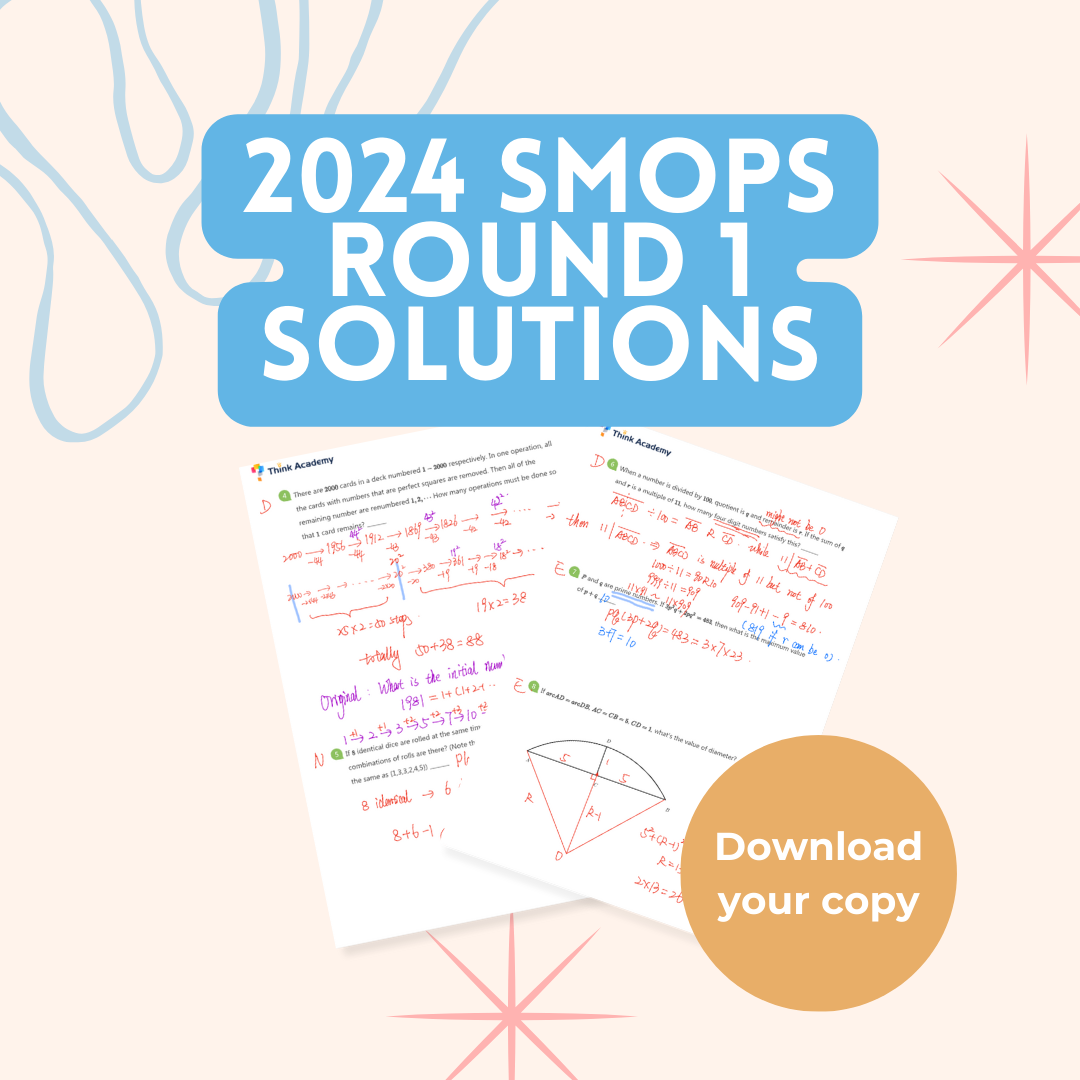With the recent changes to the PSLE scoring system, parents have been flocking to various enrichment centres to bolster their children’s chances of getting into the school of their choice through Direct School Admission (DSA). For kids with really good number sense and are quick to solve school math problems, perhaps Math Olympiad is an avenue that they could try their hands on. We will introduce how you can best prepare for the Singapore Math Olympiad.

What exactly is a Math Olympiad?
Math Olympiads are vastly different from school syllabus math. While exam-taking seems to be a common feature between Singapore Math Olympiad and the math subject you learn from school, the best way to describe Math Olympiad would be like training for a sport competition.
Singapore Math Olympiads are competitive events where students are required to solve creative and non-routine math questions under time pressure. These questions can come in the form of multiple-choice, short answer or even open-ended questions where detailed workings are required. This is may vary from competition to competition.
School Syllabus math and Singapore Math Olympiads have differing objectives and features.
| School Syllabus Math | Singapore Math Olympiad | |
| Objectives | To provide sufficient level of mastery to apply math concepts and skills in everyday life | Stimulate interest in math, foster mathematical creativity and ingenuity and develop mathematical flexibility in problem-solving |
| Syllabus | Follows MOE School syllabus in preparation for the PSLE (check out the full syllabus here) | Non-routine and outside of school syllabus. It is useful to note that elementary techniques used in MO needs to be mastered, otherwise, students will have difficulty solving MO questions |
| Skills Required | Thinking, Reasoning, Application and Metacognitive skills (MOE Syllabus Document) | Higher-order critical thinking |
Now that you know the differences between school syllabus math and math olympiad, how do you know if your child is ready? Take a free evaluation test by connecting with our education consultant.
Why join Math Olympiads
Develop higher-order critical thinking
Singapore Math Olympiads are frequently filled with non-routine questions. These questions will usually require students to link multiple concepts and approaches to reach the correct solution. Not only do students need to master the right techniques, they must also be able to look at the question from various perspectives, in order to solve the question. Over time, this will develop students’ higher-order critical thinking that will serve them well beyond school.

Exposure to community of like-minded peers and unique opportunities.
Math Olympiads offer students a different opportunity and experience. Also, they will get a chance to solve math questions that are uniquely challenging, unlike questions found in school books. Furthermore, they will connect with peers who have the same drive, pushing them to continually improve themselves.
Increase chances of Direct School Admission
Direct School Admission (DSA) Exercise allows students to apply to a school of their choice based on their academic or extra-curricular activities even before the release of their PSLE result. DSA to schools such as NUS High School of Mathematics and Science and Nanyang Girls School often requires students to demonstrate excellence and track record in Math Olympiads such as Singapore International Math Olympiad Challenge, NMOS and others, in order for them to be selected for DSA interviews.
How your child can prepare for Math Olympiad?
- Equip yourself with good reference materials
Before attempting any Math Olympiad, get yourself good Math Olympiad reference books. Most reference materials will include math olympiad problems that you can try and you will be able to purchase them from the competition organiser’s website such as SIMCC. Additionally, you will also find Art of Problem Solving community forum useful if you require help or if you need additional questions.
- Master key problem-solving techniques
Most Math Olympiad questions will require a unique technique for different problem type. Hence, it is important for students to master the basic techniques and learn how to apply them to simple Math Olympiad questions before moving on ti more difficult questions.
- Invest an appropriate amount of time
There really is no shortcut. Your child really do have to put in extra time and effort on top of their school work if they are invested in Math Olympiad.
- Practice, practice, practice
Practice but resist temptation to look at solutions. Allow your child the time and space to develop critical thinking muscles through practice. This also means allow them to mull over and return to the question after a few days with fresh perspective and strategy. Only peek at the solutions if your child has exhausted all possible solutions.
- Create a library of questions
See a unique math question that blows your mind? Write it down in your note book and highlight the key steps and thought processes to reach the final answer. This
- Try out various competitions such as NMOS, SMKC and SASMO
Gain confidence and be familiar with Math Olympiad test-taking environment by joining beginner friendly competitions such as SMKC and SASMO. These 2 competitions are open to private candidates for registration, even if your school is not a participating institution.
(Psst, we also have a SMKC Mock Test and trial that you can try!)

- Don’t be afraid to ask for help
Many beginners struggle with this. They are often get stuck at questions but are too shy to ask for help. Know when it is time to reach out for a professional math olympiad trainer!
Get started on your Math Olympiad journey with Think Academy Singapore
Our Math Olympiad classes are designed to help students to develop critical thinking skills to apply math strategies in creative contexts and are taught by experienced teachers and top graduates from globally prestigious universities such as NUS, NTU and Princeton and experienced Math Olympians.

Try out our free trial now!




